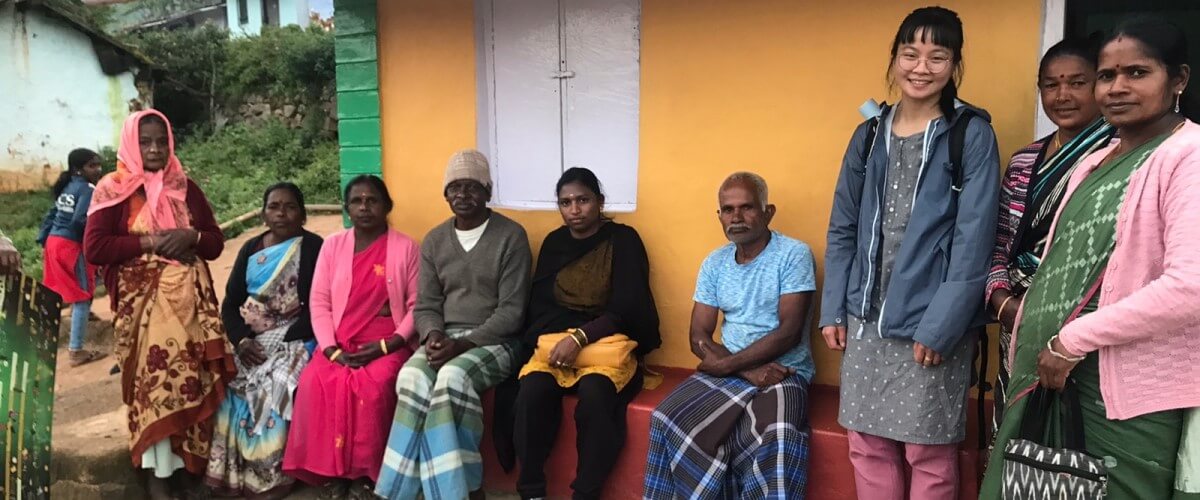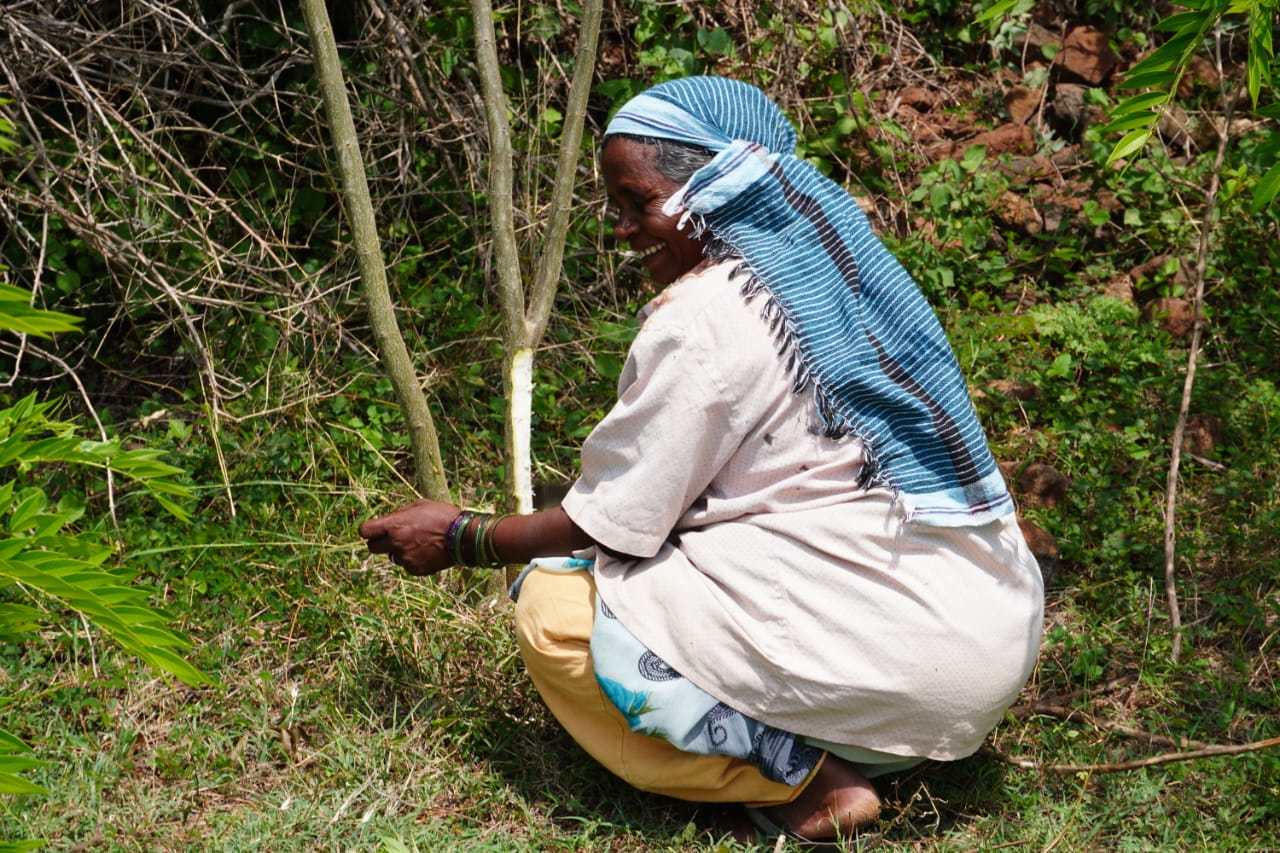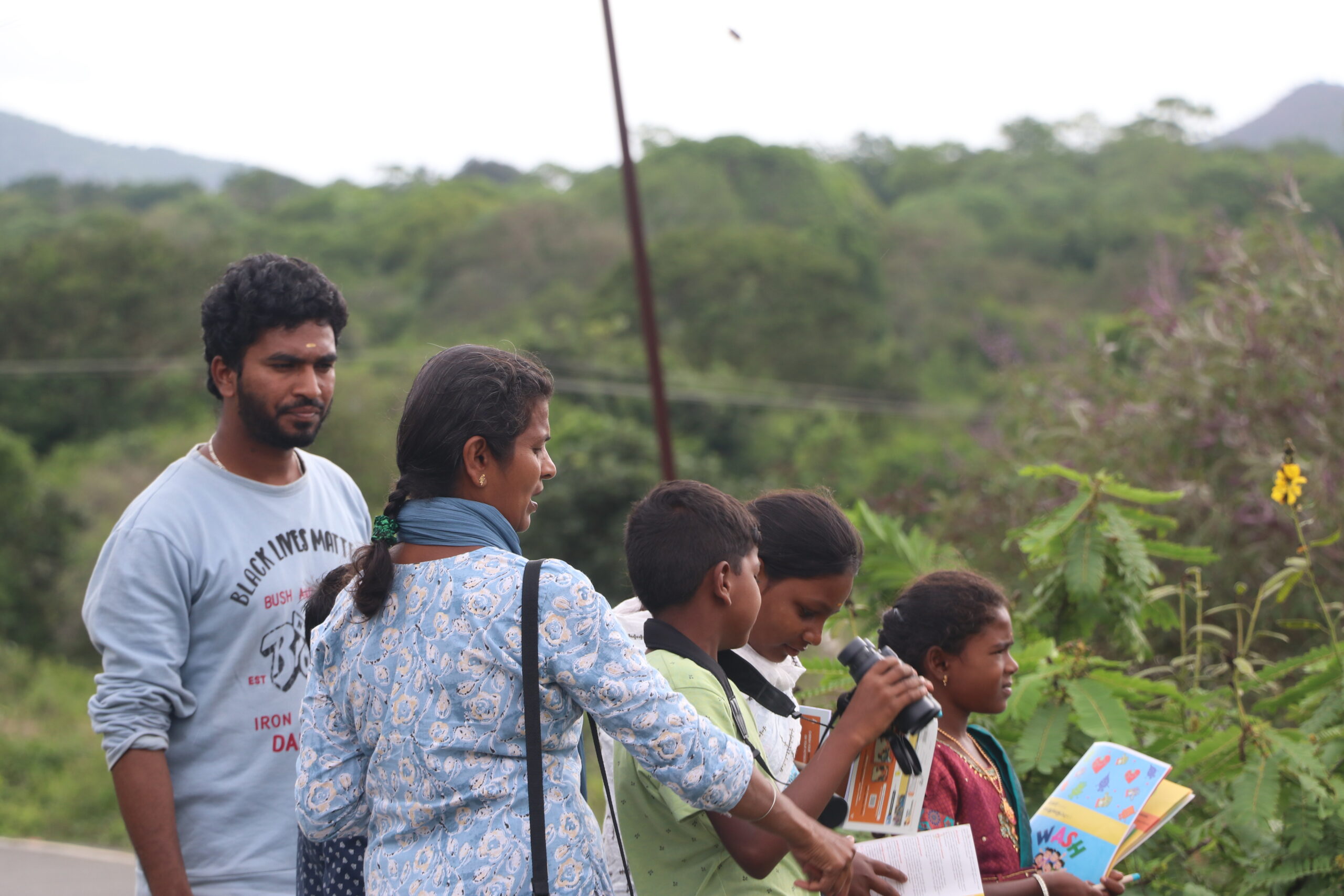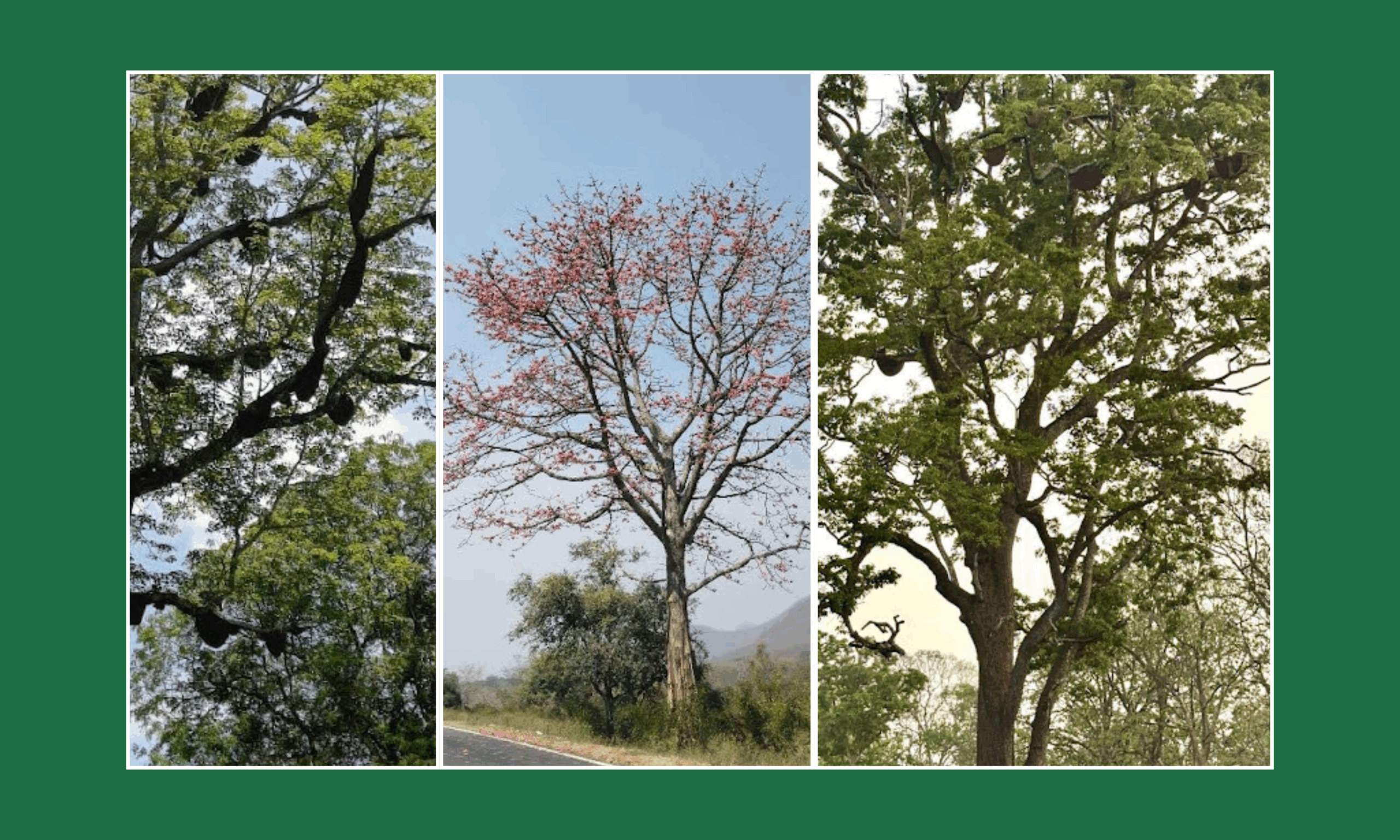January 10, 2023
By Bhavya George and Madeleine Gefke
Programme Coordinator & Oberlin Shansi Fellow – Climate Change
The climate crisis has taken centre stage in the global discourse with rising temperatures, increased extreme weather events and other consequences faced across the world. However, the topic is dominated by complexities of climate science. There is no doubt about the need for awareness on science, but another need exists to make science inclusive with various lenses looking towards nature based and just solutions.
In October 2012, Sam White, an assistant professor of Global Environmental History at Oberlin College and author of The Climate of Rebellion in the Early Modern Ottoman Empire, said, “When it comes to public discussion of climate change, historians are nearly invisible.” In the academic world as well, we have a lot to think about in terms of holding space for the natural and climate historians from local communities.
In the decade of time since 2012, there has been a slow shift in climate research. Indigenous People and Local Communities’ (IPLC) knowledge is increasingly recognised, with their experiences of the natural world contributing and enriching discussions on vulnerabilities, adaptability and resilience. People have existing traditional knowledge systems and customary institutions with protocols for natural resource management that help in understanding weather patterns, while ecological events reveal the numerous systems of sustainability and resilience that indigenous communities have set up. These are our climate historians.
Though Climate Historians may not offer perfectly accurate facts and scientific explanations, they convey human experiences of a changing climate and extreme events and the impacts on their lives/lifestyle in the truest sense.
The Climate Historians project is run by Keystone’s Climate Change programme, which works to integrate communities’ perceptions of our collective journey to understand issues, challenges and solutions related to climate change. This pilot project focuses on documenting the perceptions and vocabularies of the indigenous and local communities in the Nilgiris Hills in Tamil Nadu. Through focus group discussions and key informant interviews, people shared their stories with our team. Those currently working on the project include Madeleine Gefke, Keystone’s Oberlin Shansi Fellow; Project Associate Vidya; and local climate educators Ponnamma, Shylaja, Bharati, Gretta and Manimeghalai. Technical Coordinator Vandana and wildlife stewards Leelavathi and Bhuvaneshwari also contributed their time and effort to the first phase of this project.
During initial interviews and focus group discussions, our research group noticed that the term ‘climate change’ was not understood in a scientifically technical way as per the globally known definition. Rather, communities identified common threads of change that stood out, such as rain and season unpredictability, loss of forests, increased/altered wildlife movement, rise of urban infrastructure, and human migration. These narratives allowed us to learn about people’s current perceptions of environmental and livelihood change based on life experience in this region of the world.

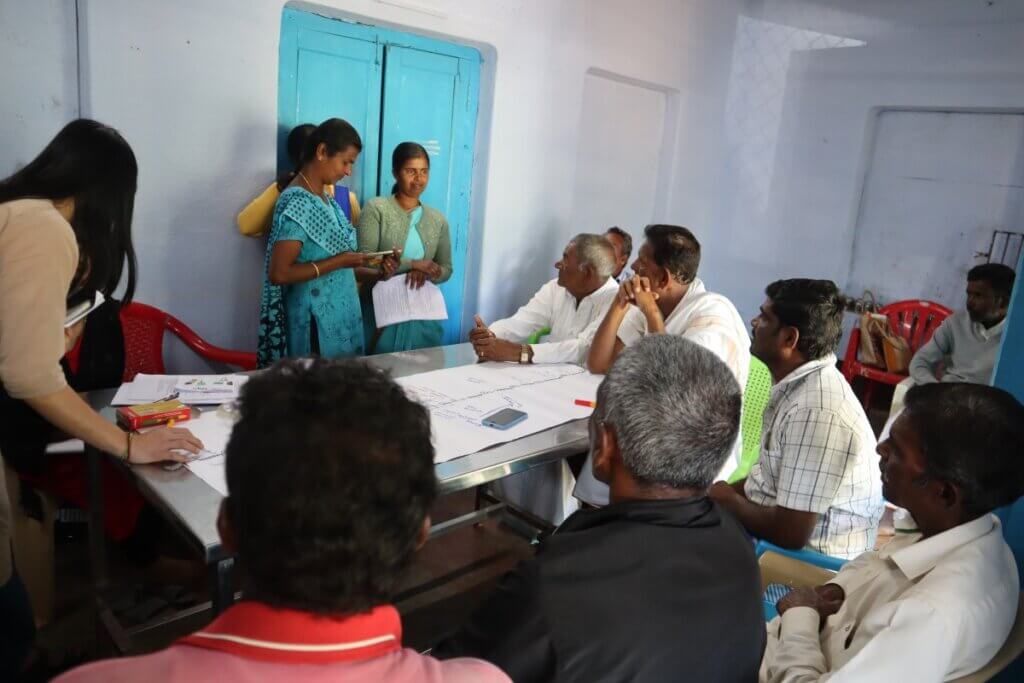
In the second phase of Climate Historians, we are focusing on documenting socio-ecological events that occurred throughout the full year of 2022. This will act as a baseline for comparisons with previous and future years. In our conversations so far, people from Kookalthorai, Indiranagar and Idukorai have shared their experiences with seasons, weather, agriculture, labour, culture, flora and fauna during 2022. These places were selected based on our previous engagement, communities and geography. One of the outputs anticipated from this activity is an ecological calendar to give to the communities, as a way to foster discussions and continue documentation in a participatory way.
The Climate Change team meets with elders and farmers of Kookalthorai village to discuss seasonality, weather and other relevant topics while brainstorming on the community ecological calendar.
This project gave Madeleine the opportunity to step into the climate historian role herself and learn how to successfully engage with participants. Meeting with communities helped her understand the kinds of conversations and interactions that evoke people’s memories, thoughts and observations of change in their environments and lives.
For Vidya, it was a great learning experience through which she came to unlearn and relearn what the climate crisis looks like through the lens of communities. And it extended beyond sun, rain, wind and frost. After talking to people, she saw how climate change plays a major role in local livelihoods.
The involvement of climate educators in this study was to encourage them to link this with their Climate Smart Schools work. Ponnamma, a climate educator, felt that women were very supportive and made most of the arrangements during the interview. She also observed that women shared more information than men during the discussions. Though she has lived in Nilgiris for more than twenty years, this exercise helped her to learn more about the Badaga culture. Greta added that there was also good co-operation from the community to carry out work.
A powerful narrative can often lead one to valuable opportunities for research and documenting evidence from local lenses and perceptions. Our Climate Historians project is a small step towards building community-based climate research to feed policy and action.
Endless gratitude to the many people and communities who shared their time and knowledge with us through our interviews and focus groups together. We remain learners in this work and are thankful for the opportunity to listen to people’s life stories, as they continue to challenge and expand our perspectives and understanding of the world.
References
https://www.historians.org/research-and-publications/perspectives-on-history/october-2012/historians-and-climate-change
https://www.ilo.org/global/topics/indigenous-tribal/publications/WCMS_686780/lang–en/index.htm

